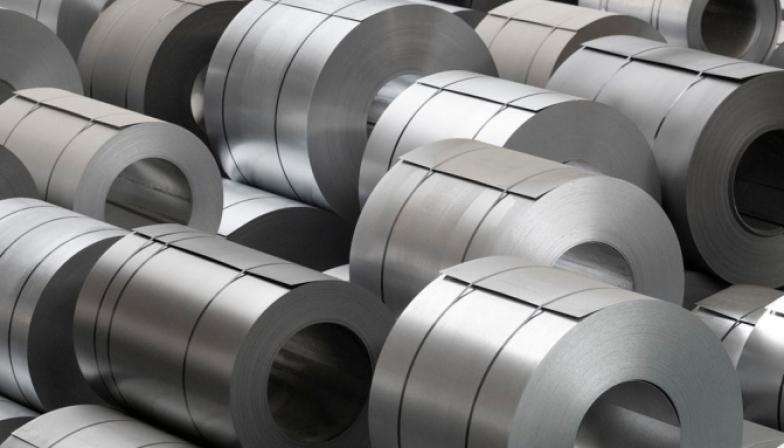Chinese traders are less likely to build up steel inventories this winter as they expect end-user demand to remain weak in the first half of next year, Mysteel Global has learned, while sporadic COVID-19 cases across the country continue to hamper logistics and production.
Among the 414 enterprises surveyed, including 391 traders in the main domestic steel markets, only 127, or 31% of respondents, said they were taking the initiative to stock up on steel products this winter, while 158, or 38%, responded that they had no such inclination, therefore far away, as a recent study by Mysteel showed. Notably, compared to the results of the same survey conducted at the same time last year, 73 more companies have chosen not to stockpile winter stocks this year, the data shows.
A longstanding practice among steel traders and distributors across China is to use the winter months to gradually stockpile steel when demand is low and steelmakers are more willing to offer discounts to be ready for construction activity to pick up with the approach. spring. This usually happens after the Chinese New Year, which in 2023 will end around January 28th.
But this year, steel demand pessimism has proven to be a major drag on traders' restocking as clouds continue to hang over the country's real estate and construction sectors.
According to the National Bureau of Statistics of China, the total area of ??new real estate projects launched between January and October this year decreased by 37.8% compared to the previous year to 10.4 billion square meters. up to 759.3 million sq.m.
“This suggests that steel consumption in the real estate sector will continue to decline in the first half of 2023,” an industry insider in Shanghai noted, adding that the market may not hear any news in the near future that could effectively stimulate steel demand. .
“The optimization of measures to contain COVID-19, recently announced by the central government, could give a boost to property sales early next year, but even if it does, demand from construction contractors will not recover until the second half of the year, given the delays between the award of contracts and the order of construction materials,” said a trader from east China's Zhejiang province.
As of Nov. 17, inventories of the five main finished steel products, including rebar, wire rod, hot rolled coil, cold rolled coil and middle plate, held by merchants in 132 Chinese cities monitored by Mysteel stood at 14.4 million tonnes, according to the latest estimate. shows. While this was about 2.1 million tonnes less than last year, whether traders' inventories continue to dwindle as the winter deepens remains debatable.
Despite Beijing's streamlined policies, measures including mandatory close contact quarantines and traffic restrictions, especially truck traffic across provincial lines, are likely to continue to hamper logistics and workers' ability to return to their jobs after the Chinese New Year celebrations in late January. , the Shanghai source said, saying that these and other factors will continue to hamper work at construction sites.
Under this scenario, those surveyed generally expected that steel prices would decline in early 2023 and that traders would likely take a big loss from inventory sales this winter.
The survey showed that among the surveyed companies, the average price of the forecast rebar of the main size in February 2023 was estimated at 3564.5 yuan per ton (499.4 USD per ton), including 13% VAT, while in According to Mysteel , the cost of rebar with a diameter of 20 mm exceeds 3,900 yuan per ton.
Hence, while most traders currently have plenty of cash, they refrain from hoarding steel, the survey showed.
Mysteel data shows that those companies that intend to build up stocks are more cautious about the quantity: only about 15 enterprises plan to stock more than 20,000 tons of steel this winter, while about 35 companies plan to replenish stocks in the same volumes in the winter of 2021 .
On the other hand, 129 or about 31% of the 414 companies in the sample will see their steel inventories rise, although they have no plans to stockpile as they have signed long-term supply contracts with steelmakers, according to a Mysteel survey.
“For large trading companies like us, even if we do not want to build up stocks, we are obliged to take steel from steel producers, as in previous years,” the Zhejiang-based trader explained. “Small traders may decide to cut back on their steel purchases,” he added.



